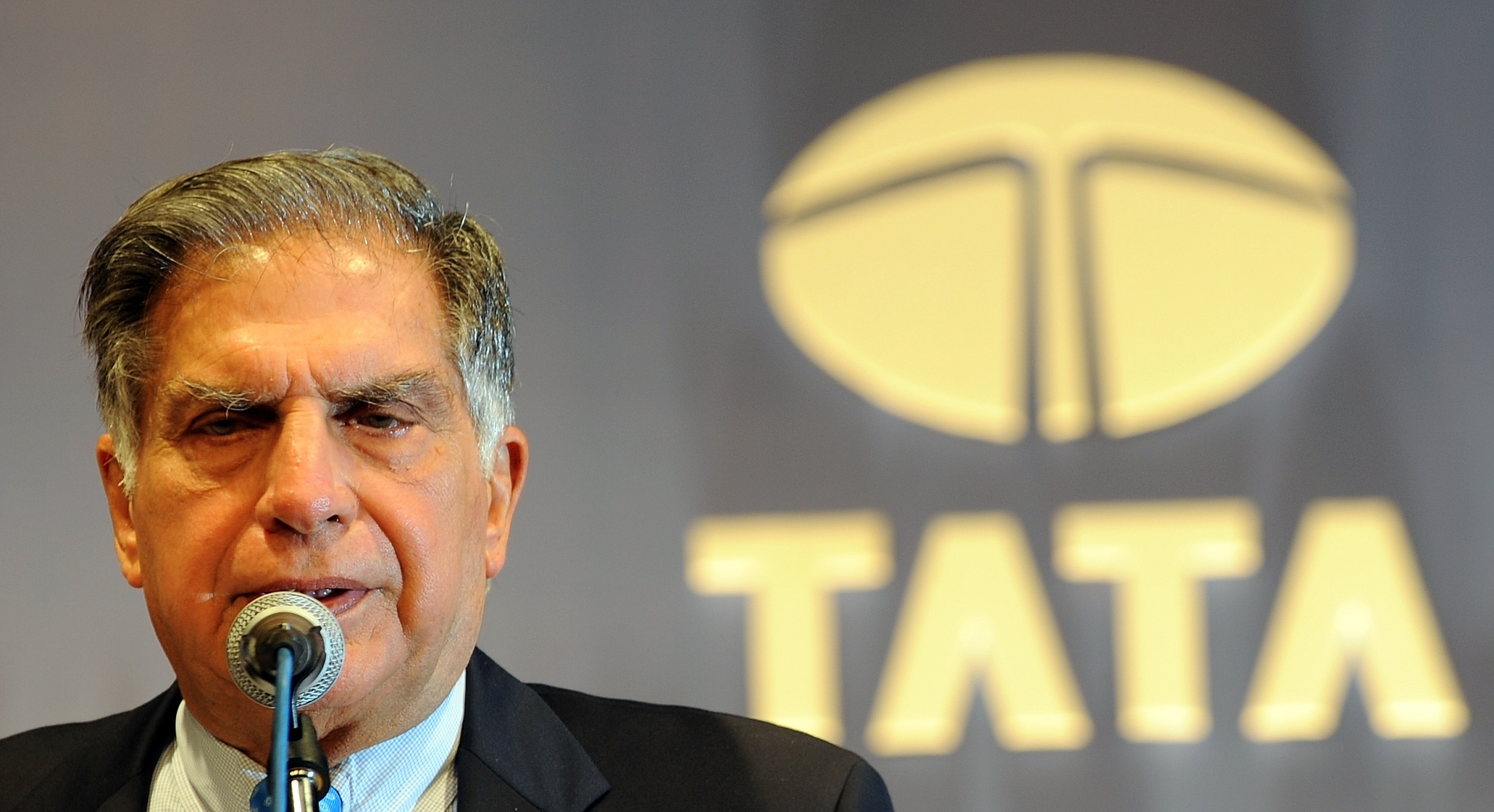 There’s a view that companies are built to do only three things: make profits, pay taxes and obey the law.
There’s a view that companies are built to do only three things: make profits, pay taxes and obey the law.
The rest is window dressing.
Well, those managers who subscribed to that point of view are probably now retired as the business world is increasingly being expected to take a lead role by its customers, clients and employees in making a net contribution to society rather than simply taking as much as it can for the benefit of its shareholders.
Zoroastrian philosophy
This enlightened self-interest isn’t anything new.
I belong to a tiny ethnic group – the Parsees – whose most famous export is in fact one of the most successful organisations in the world. The Tata Group was built on Zoroastrian values which place contribution to the wider community on an equal basis as making a profit.
This principle was taken a step further when earlier this year the Indian Government became the first country in the world to pass a law making it mandatory for companies to spend 2% of their net profits on social development.
 Ratan Tata, the former chairman of Tata Sons, the holding company of the $100bn Tata Group remarked: “We have a phenomenon which is meant to be good but is going to be somewhat chaotic…we don’t as yet know what kind of monitoring there’ll be in terms of how well this money is used.”
Ratan Tata, the former chairman of Tata Sons, the holding company of the $100bn Tata Group remarked: “We have a phenomenon which is meant to be good but is going to be somewhat chaotic…we don’t as yet know what kind of monitoring there’ll be in terms of how well this money is used.”
He was right to raise the issue of transparency – not something that India is well-known for and the risk is that such a measure could precipitate a tick box culture amongst business leaders or worse still spawn more imaginative tax avoidance schemes or even corrupt practices that obviate the need to make such a contribution to wider society.
I hope for the sake of the future of India this doesn’t happen and organisations like Tata and others show that being a force for good is also good for being a force in business.
On conservative estimates, around 6,000 Indian companies will be required to undertake some form of corporate social responsibility (CSR) projects in order to comply with the new guidelines that could result in CSR spend tripling to £1.8bn a year.
The Indian Government has set out specific guidelines on how corporate social responsibility (CSR) activities should be handled.
These guidelines stipulate that CSR activities need to be implemented by a CSR committee that includes independent directors.
This committee will be responsible for preparing a detailed plan on CSR activities, including the expenditure, the type of activities, roles and responsibilities of various stakeholders and a monitoring mechanism for such activities.
The board is required to approve the CSR policy for the company and disclose its contents in a CSR report as well as publish details on its website.
 Acceptable CSR activities include measures to eradicate hunger, promote education, environmental sustainability, protection of national heritage and rural sports, and contributions to the Prime Minister’s relief fund.
Acceptable CSR activities include measures to eradicate hunger, promote education, environmental sustainability, protection of national heritage and rural sports, and contributions to the Prime Minister’s relief fund.
The company can implement these CSR activities on its own, through its non-profit foundation or through independently registered non-profit organisations that have a record of at least three years in similar activities.
The sanctions for non-compliance look feeble – a public explanation as to why the company failed to spend 2% of its profits on such activities.
Clearly not all organisations like Tata have this CSR philosophy embedded in their DNA so it’s one thing making it a requirement and quite another ensuring that this is delivered in practice.
But that shouldn’t be a reason for not welcoming this move although there will be a cottage industry emerging in India of NGOs and consultants promising to help companies of all shapes and sizes comply with their CSR requirements, you can be sure of that!
A key success factor for the future will be how Indian businesses align various CSR activities in order to create tangible outcomes for the community alongside those measures being pursued by the Indian Government.
This also has implications for Western-based companies looking to build profitable businesses in India for their products and services for the Indian market.
The costs to business and society of getting it wrong and the benefits of getting it right are increasingly apparent.
Passing trend?
 However, the question remains whether this is a passing trend or one that will continue to reshape the profile of business.According to UN Global Compact, it’s hoped it will be the latter rather than the former.
However, the question remains whether this is a passing trend or one that will continue to reshape the profile of business.According to UN Global Compact, it’s hoped it will be the latter rather than the former.
UN Global Impact is a strategic policy initiative for businesses that are committed to aligning their operations and strategies with ten universally accepted principles in the areas of human rights, labour, environment and anti-corruption. By doing so, business, as a primary driver of globalization, can help ensure that markets, commerce, technology and finance advance in ways that benefit society as a whole.
UN Global Compact has identified four key trends that indicate that CSR can change the world.
Trend #1: Great transparency
As with technological change, transparency is an irreversible force. Reporting and disclosure will undoubtedly continue to grow, driven by ever-lower barriers to information access, higher public interest and regulatory changes. Already over 5,000 corporations disclose their ESG performance on an annual basis, and this number is bound to grow.
Trend #2: Building greater trust
The ever-growing impact of business on society means that citizens and consumers expect corporate power to be exerted responsibly. As citizens more often are sceptical, self-organised and prone to challenge authority, corporates will have to raise its game in understanding how to build trust. The result is that tomorrow’s company will become increasingly proactive and thorough in how it views its responsibilities and impact on the wider society and then showing how it manages its operations accordingly.
Trend #3: Building deeper community participation
Business is expected to do more in areas that used to be the exclusive domain of Government – ranging from health and education, to community investment and environmental stewardship.
For example, environmental issues and sustainability are now on the business agenda for many global FMCG companies like P&G and Unilever.
The world’s natural resources are now recognised to be finite and under stress. What was once unthinkable is now a reality – clean water and an unpolluted atmosphere come with price tags.
Companies that seek to collaborate with scientists, civil society and public regulators and show early on that they’re part of the solution will come out ahead of their competitors by being able to build deeper community participation.
Trend #4: Accessing new markets responsibly
Business is moving from being the consumer of precious resources to building sustainable market capacity.
With economic growth migrating southward and eastward, Foreign Direct Investment (FDI) is becoming more about building and gaining access to new markets and less about simply exploiting low-cost inputs.
Overcoming barriers to growth, such as civil violence, uneducated workforce and unsustainable sources of energy, water, minerals and soil is now in the interest of business.














Recent Comments